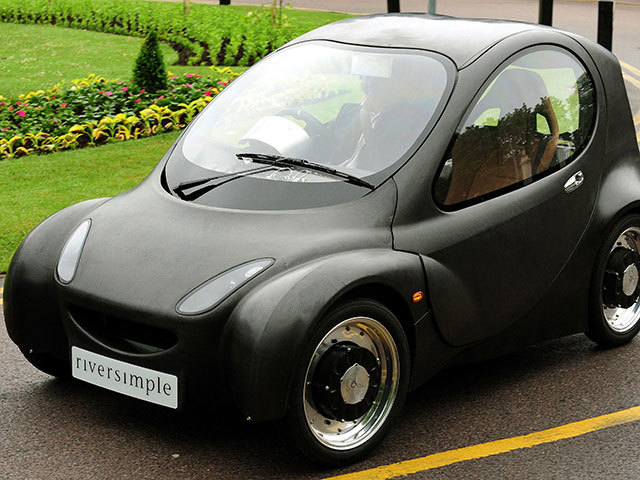
Motorists considering buying an electric car have just one weekend left to make a purchase before Government subsidies are cut.
More than 50,000 people have taken advantage of the plug-in car grant worth up to £5,000 since it was introduced in 2011.
But from Tuesday the scheme will be reduced and replaced by a tiered system.
Vehicles with a zero emission range of over 70 miles will be eligible for up to £4,500 while those with a shorter range – such as plug-in hybrids with a petrol or diesel engine – can receive £2,500.
Government advisers, the Committee on Climate Change, warned last year that 9% of new car sales should be electric vehicles by 2020 for the UK to meet its legal obligation to cut greenhouse gas emissions by 80% by 2050, compared to 1990 levels.
This would mean around 240,000 ultra low carbon cars being bought, based on last year’s total new car sales of 2.6 million.
According to figures from the Society of Motor Manufacturers and Traders demand for alternatively fuelled vehicles grew by 40.3% last year, with a market share of 2.8%.
Steve Gooding, director of motoring research charity the RAC Foundation, acknowledged that progress has been made in getting drivers to switch to ultra-low emission vehicles, but said many drivers remain concerned by the range of the vehicles after each charge and their relatively high purchase prices.
He went on: “The question is whether the new grants will be enough to nudge our choice of vehicles towards the eco-friendliest options.
“One of the big success stories has been the Mitsubishi Outlander plug-in hybrid which currently attracts a £5,000 grant. But under the new rules that will fall to just £2,500.
“Much will depend on how manufacturers respond and whether they adapt their pricing policies.”
Under the changes to subsidies announced by the Department for Transport in December the scheme was extended until at least March 2018 to cover an extra 100,000 vehicles.
Transport Minister Andrew Jones said: “The UK is a world leader in the uptake of low emission vehicles and the plug-in car grant has been key to that success.
“Extending the grant in a sustainable way ensures more than 100,000 people will benefit from financial support when purchasing these cheap-to-run and green cars.”
Recommended for you
